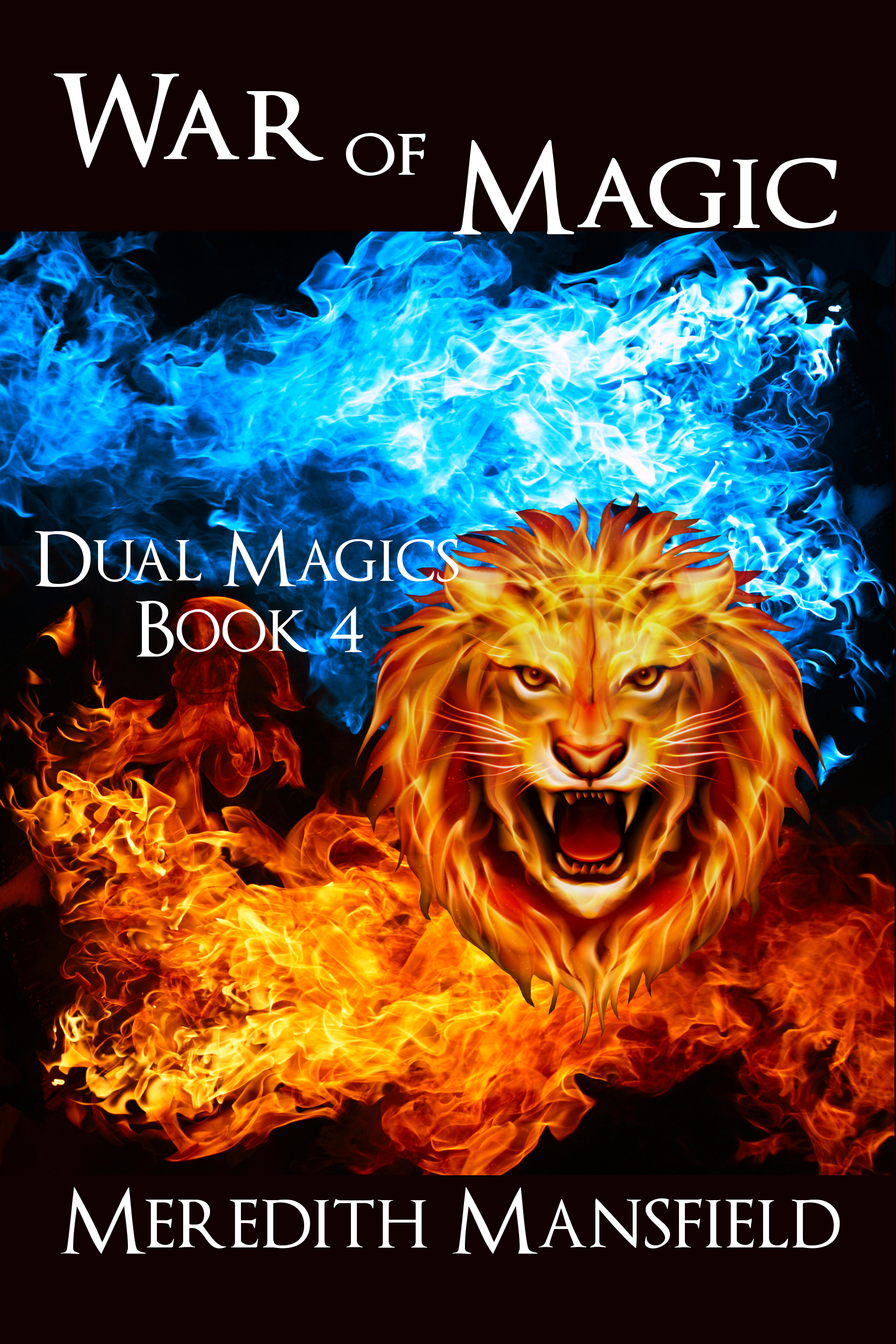As I work through the revisions on WAR OF MAGIC, I’ve had a chance to think about critiques some more.

The first thought, is actually more from the days of marking up the manuscript than it is from the revisions:
When there are too many comments–sometimes multiple comments on the same page–they tend to blur. It becomes hard to see the forest for the trees. And a real gem might get missed in sifting through the rest. If there’s a need for that many comments, it might be better to save them all until the end of the chapter.Well, except for typo corrections and similar things. And the small comments of approval. Those are always good.
I’ve done that before when I give critiques, too. It has the benefit of not posting a question that is answered a paragraph or a page later. (Small mysteries–used properly–can actually be a good way to encourage a reader to turn the page.) And it might also encourage paring down to the really important comments.
The second thought is about suggestions and it’s two-fold.
First, there’s a danger in making suggestions for major changes (or even minor ones) to someone else’s work. No critiquer is going to know that world or that story as intimately as the author does. Especially in a series. If it’s early in the series–or even in a book–you don’t know where the author intends to take that story, so you don’t know what things they need to establish. If it’s late in the series, and the critiquer hasn’t read the earlier books, they might not know what’s already been established. The suggestion just might break some of the rules of the society or the magic that have already been established. So, maybe it’s a good idea not to be too specific in your suggestions.
On the other hand, sometimes a suggestion that won’t work can actually trigger other ideas that will–and that make the story better. So I would hate not have my beta readers make any suggestions at all. But, less specific is often better–because of that forests and trees problem.
And then there’s the most basic issue. When a beta reader sees a problem, it’s real. But the solution might be the opposite of the suggestion. A section that is too slow might not need to be cut; it might need to have more added to it. More detail to bring the setting to life. More conflict. More . . . something. That’s sometimes the hardest thing for the writer to recognize.
And now, just for fun, my last few entries in the A to Z favorite fantasy characters game #FellowshipOfFun:
- M is for Mercy Thompson, the little coyote shifter who keeps the big, bad werewolves in line and on their toes in Patricia Briggs’s Mercy Thompson series.
- N was hard. I ended up going with Neville Longbottom.
- O is for Obi-Wan Kenobi. Stars Wars is definitely Science Fantasy, so that’s not cheating at all.
Read Full Post »











